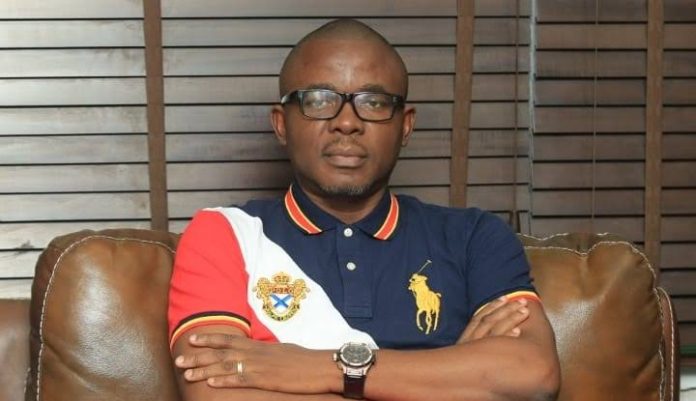Nigeria, a land brimming with natural resources, vibrant culture, and untapped potential, finds itself grappling with a complex web of challenges. Hunger gnaws at its people, insecurity casts a long shadow, and systemic inefficiencies permeate every level of society. It’s easy to blame the government – past and present – but the truth is far more nuanced. This isn’t just a political problem; it’s a societal one, a Gordian knot woven from the actions and inactions of each and every Nigerian, from the highest echelons of power to the humblest villager.
The pervasive hunger is a stark reality. Despite being a major agricultural producer in Africa, millions go to bed hungry nightly. This isn’t simply a matter of insufficient food production; it’s about access and affordability. The rural poor bear the brunt, but even the middle class is feeling the squeeze as inflation bites and supply chains creak. Government failure – in policy, infrastructure, and resource management – undoubtedly plays a role. But we, as consumers, are far from blameless. Unregulated markets, hoarding, price gouging, and sheer wastefulness all contribute to the problem. We can, however, make a difference by consciously supporting local farmers, minimizing food waste, and advocating for policies that foster long-term food security. It’s a team effort, folks.
Insecurity is another crippling issue. From the insurgency in the northeast to banditry and kidnappings across the country, violence casts a pall. The security forces, often stretched thin and hampered by corruption, struggle to contain the chaos. The government’s strategy, or lack thereof, is increasingly questioned. But this isn’t solely a government problem. Local communities can and should play a proactive role, fostering stronger social networks and establishing local security initiatives. Businesses, too, have a stake in this, prioritizing employee safety and contributing to peacebuilding efforts. Creating a safer Nigeria is a collective responsibility.
The inefficiency of the Nigerian government, from the federal level down to local councils, is a recurring theme. Policymaking is often glacial, resources are mismanaged, and corruption festers like a malignant tumor. It’s tempting to pin this on a few “bad apples,” but the problem runs deeper, entangling businesses, professionals, and even civil society organizations. When contracts are awarded to fly-by-night operators, public funds vanish, and essential services are neglected, we all share the blame. Complacency – whether through voter apathy or silence in the face of injustice – only exacerbates the problem. We need to hold ourselves, as well as our politicians, accountable.
The judiciary and legislature, the supposed guardians of justice and accountability, are far from immune to these problems. The legislature, often perceived as aloof and self-serving, prioritizes personal gain over national progress. The judiciary, meanwhile, is bogged down by delays, backlogs, and a lack of perceived impartiality. Both institutions desperately need reform and a commitment to transparency. But we, the citizens, also have a responsibility. Do we vote with integrity? Do we demand accountability from our representatives? Our silence is complicity.
Businesses, from tiny artisans to multinational corporations, are key players in Nigeria’s economy and society. While many entrepreneurs struggle in the volatile economic climate, they must also confront their role in perpetuating corruption, exploiting labor, and neglecting environmental and social responsibilities. However, businesses also possess immense potential for positive change. Investing in infrastructure, creating jobs, ensuring fair wages, and adhering to regulations can significantly alleviate systemic problems.
Ultimately, societal transformation hinges on individual responsibility. We need to challenge the culture of dishonesty, shortcuts, and willful blindness. Every Nigerian – from artisan to professor – has a part to play. This means embracing honesty, kindness, constructive criticism, and active participation in national dialogues.
The government’s failures are undeniable, but the crucial question is: what are *we* doing about it? Hunger, insecurity, and inefficiency are not isolated problems; they are interconnected symptoms of a deeper societal malaise. It’s easy to blame others, but the solution requires collective action. We must stop waiting for a magical solution and start asking ourselves: “What can *I* do?” The answers – advocating for transparency, engaging in our communities, supporting local businesses, paying taxes, and voting responsibly – are simple, yet profound. The future of Nigeria doesn’t rest solely on the shoulders of politicians, it’s in the hands of every citizen who refuses to be a passive observer. The time for action is now.
Share your story or advertise with us: Whatsapp: +2347068606071 Email: info@newspotng.com











